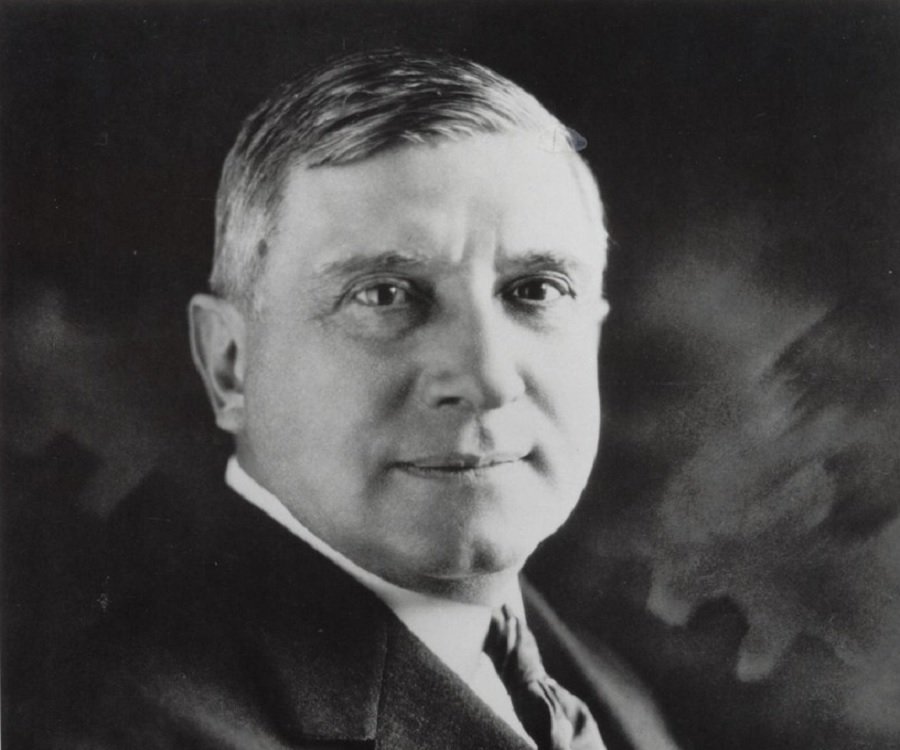If you are determined to succeed in life, then you need to know about these people.
Charles Schwab
He was one of the most highly-paid managers in world history. Many people, such as Napoleon Hill, Dale Carnegie and Jim Rohn wrote about him in their books giving us advice to follow his example.
Charles Schwab – an American steel magnate was an excellent manager and an extremely successful person.
He started to work as a laborer in the Andrew Carnegie-owned Edgar Thomson Steel Works. His extraordinary abilities led to his rapid rise to the top of the Carnegie Empire, and at the age of 35 he became president of the Carnegie Steel Company.
“I know only two employees who had an annual salary of $ 1 million: these are: Walter Chrysler and Charles Schwab” – noted Dale Carnegie.
And indeed, $ 1 million a year, about $ 3, 000 a day is quite a sum for the beginning of the twentieth century.
His Goal
Schwab was not ambitious at all; he loved and respected all the people around him, including ordinary workers. Perhaps the fact that he was not born to a well off family explains his goal to become financially independent.
His success
Charles Schwab was in charge of the three largest steel companies in US. After “Carnegie Steel Company” he took over J. P. Morgan “US Steel Comrporation”. After leaving US Steel, he bought a small company “Bethlehem Steel” that he developed into a “Bethlehem Steel Corporation”. All of them were leading companies in the steel market.
You will perhaps think that Charles Schwab was a steel expert, but I have to disappoint you – as Schwab himself said, even the most ordinary specialist knew far more about steel than he did.
The secret of his success
Charles appreciated and respected people; he praised and encouraged his subordinates. He would never say anything bad about others and would treat all his employees as his friends.
Once Dale Carnegie asked him what the secret to his great success was. Schwab explained that his success was based on his ability to handle people well:
He considered his greatest skill to be his ability to arouse enthusiasm among his subordinates. In his words: “The greatest asset I possess, and the way I develop the best in a person is by appreciation and encouragement. There is nothing else that kills ambitions of a person as criticism from superiors…I never criticize anyone. I believe in giving a person incentive to work. So I am anxious to praise but loath to find fault. If I like anything, I am hearty in my approbation and lavish in my praise.”


